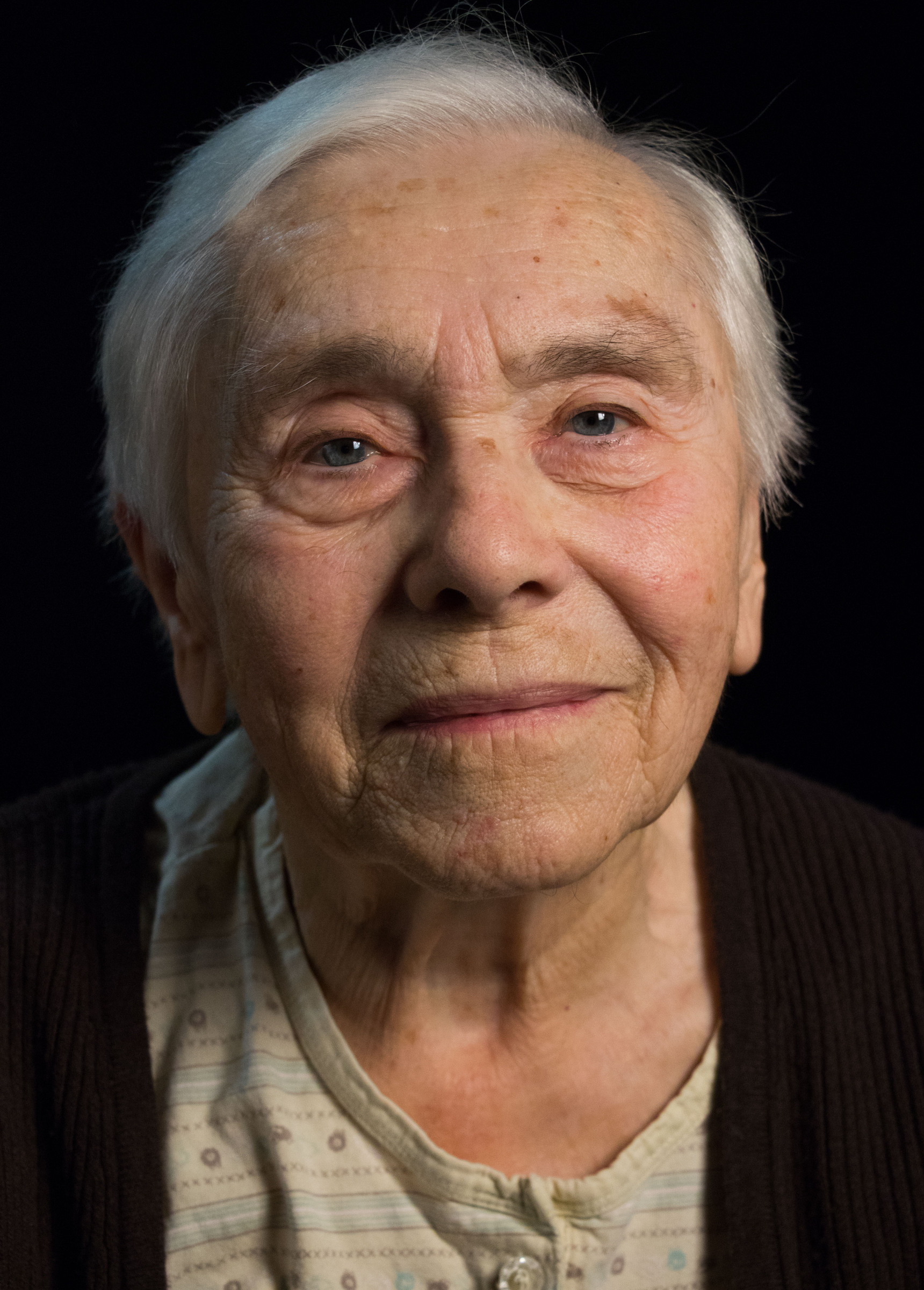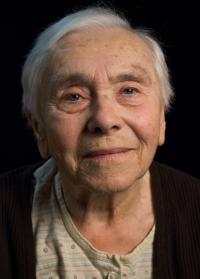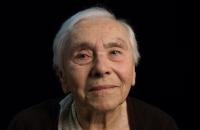When my father was arrested by the Gestapo, we survived thanks to the help of other people

Download image
Jiřina Veverková was born on May 7, 1929, in Hradec Králové. Her father, Josef Pokorný, was an artillery officer. Due to his part in the resistance he was arrested by the Gestapo and sentenced to ten years in prison. Jiřina spent the war in Prague with her mother. They were left without any means and survived only thanks to the help of other people. The reunited with her father in May 1945. Jiřina sat state exams in English and French and worked as an translator at the General Staff of the Czechoslovakian Army. She married an intelligence officer and both entered the Communist party. She had two sons, both emigrated as adults, due to which she and her husband were never allowed to travel abroad. Until her retirement she worked in Czech Ceramics company. She left the Communist Party after the fall of the regime in November 1989.

